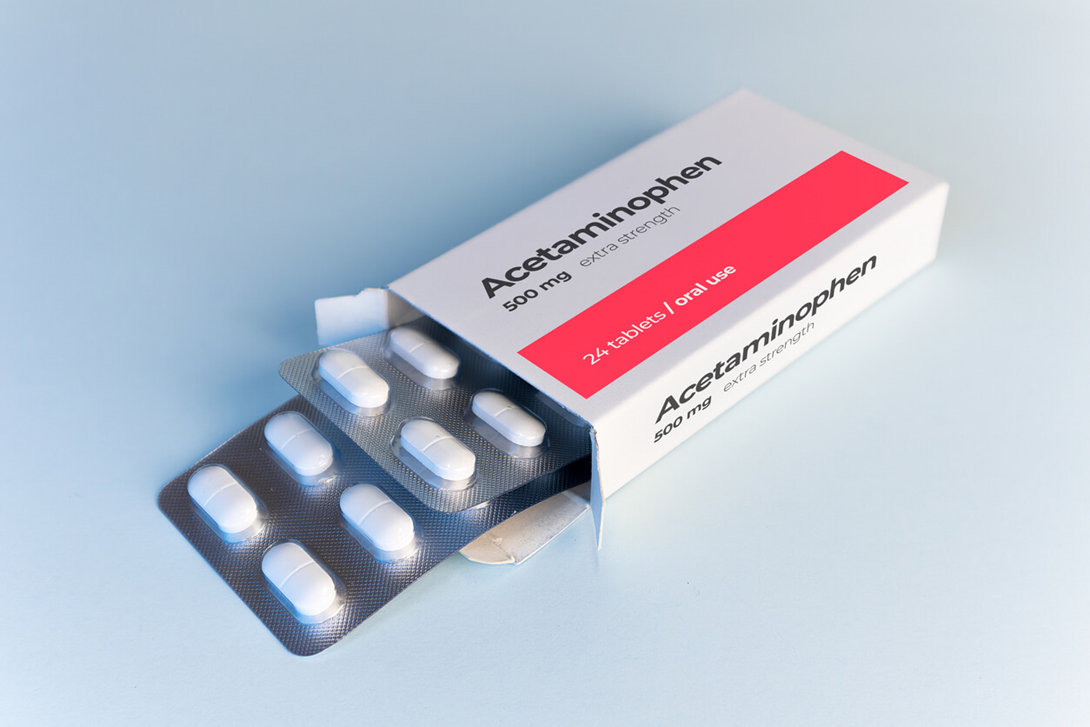Which intervention is most important for the nurse to implement for a client who is receiving insulin lispro?
Keep an oral liquid or glucose source available.
Provide meals at the same time this insulin is given.
Assess for hypoglycemia between meals.
Check blood glucose levels every six hours.
The Correct Answer is B
Choice A reason: Keeping an oral liquid or glucose source available is a good intervention for any client who is receiving insulin, as it can help treat hypoglycemia, which is a low blood sugar level. However, it is not the most important intervention for a client who is receiving insulin lispro, which is a rapid-acting insulin that starts working within 15 minutes and lasts for 2 to 4 hours. The nurse should ensure that the client has a meal ready before giving this insulin, as it can cause severe hypoglycemia if the client does not eat soon after.
Choice B reason: Providing meals at the same time this insulin is given is the most important intervention for a client who is receiving insulin lispro, which is a rapid-acting insulin that mimics the natural insulin response to a meal. The nurse should coordinate the timing of the insulin injection and the meal, as the insulin will lower the blood sugar level quickly and the meal will provide the glucose needed to prevent hypoglycemia. The nurse should also teach the client and the family about the importance of eating within 15 minutes of taking this insulin.
Choice C reason: Assessing for hypoglycemia between meals is a good intervention for any client who is receiving insulin, as it can help detect and treat low blood sugar levels. However, it is not the most important intervention for a client who is receiving insulin lispro, which is a rapid-acting insulin that has a short duration of action. The risk of hypoglycemia is highest during the peak of the insulin action, which is 30 to 90 minutes after the injection. The nurse should monitor the client's blood sugar level more frequently during this time and provide snacks as needed.
Choice D reason: Checking blood glucose levels every six hours is not a sufficient intervention for a client who is receiving insulin lispro, which is a rapid-acting insulin that requires more frequent monitoring. The nurse should check the blood glucose level before each meal and at bedtime, as well as before and after exercise, to adjust the insulin dose and prevent hyperglycemia or hypoglycemia. The nurse should also teach the client and the family how to use a glucometer and record the blood glucose results.
Nursing Test Bank
Naxlex Comprehensive Predictor Exams
Related Questions
Correct Answer is A
Explanation
Choice A reason: This is the highest priority action for the nurse to take. Codeine is an opioid analgesic that can cause drowsiness, dizziness, and impaired coordination. These effects can increase the risk of falls and injuries in the client, especially when ambulating to the bathroom. The nurse should instruct the client to request assistance when getting out of bed or walking, and provide adequate support and supervision.

Choice B reason: This is not the highest priority action for the nurse to take. Administering a stool softener/laxative at the same time as the analgesic is a preventive measure that can help reduce the risk of constipation, which is a common side effect of codeine. However, this action is not as urgent or important as ensuring the client's safety and preventing falls.
Choice C reason: This is not the highest priority action for the nurse to take. Advising the client that the medication should start to work in about 30 minutes is an informative and reassuring measure that can help the client cope with pain and anxiety. However, this action is not as urgent or important as ensuring the client's safety and preventing falls.
Choice D reason: This is not the highest priority action for the nurse to take. Telling the client to notify the nurse if the pain is not relieved is an evaluative and responsive measure that can help the nurse monitor the effectiveness of the analgesic and adjust the dosage or frequency as needed. However, this action is not as urgent or important as ensuring the client's safety and preventing falls.
Correct Answer is A
Explanation
Choice A reason: Taking levothyroxine on an empty stomach ensures better absorption and prevents interference from food or other medications. The client should take levothyroxine at least 30 minutes before breakfast or four hours after the last meal of the day.
Choice B reason: Consuming foods that are high in iodine is not recommended for clients taking levothyroxine, as it may affect the thyroid function and the dosage of the medication. Foods that are high in iodine include seafood, seaweed, dairy products, and iodized salt.
Choice C reason: Administering levothyroxine at bedtime is not advisable, as it may cause insomnia, anxiety, or palpitations. Levothyroxine is best taken in the morning, as it mimics the natural secretion of thyroid hormones.
Choice D reason: Avoiding the use of iron supplements is not necessary for clients taking levothyroxine, as long as they are taken at different times. Iron supplements can interfere with the absorption of levothyroxine, so they should be taken at least four hours apart.
Whether you are a student looking to ace your exams or a practicing nurse seeking to enhance your expertise , our nursing education contents will empower you with the confidence and competence to make a difference in the lives of patients and become a respected leader in the healthcare field.
Visit Naxlex, invest in your future and unlock endless possibilities with our unparalleled nursing education contents today
Report Wrong Answer on the Current Question
Do you disagree with the answer? If yes, what is your expected answer? Explain.
Kindly be descriptive with the issue you are facing.
